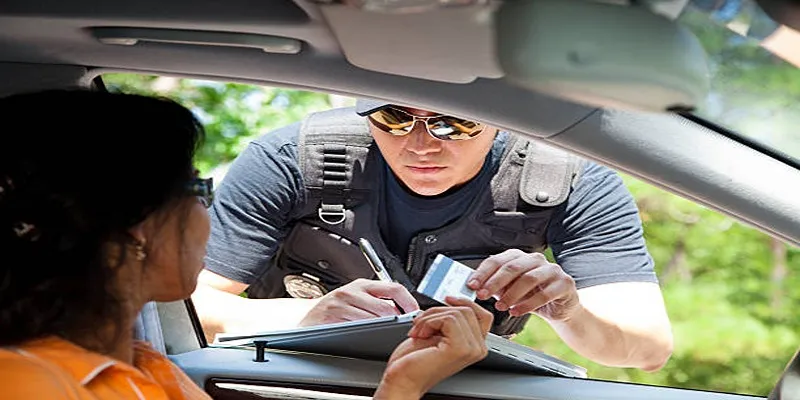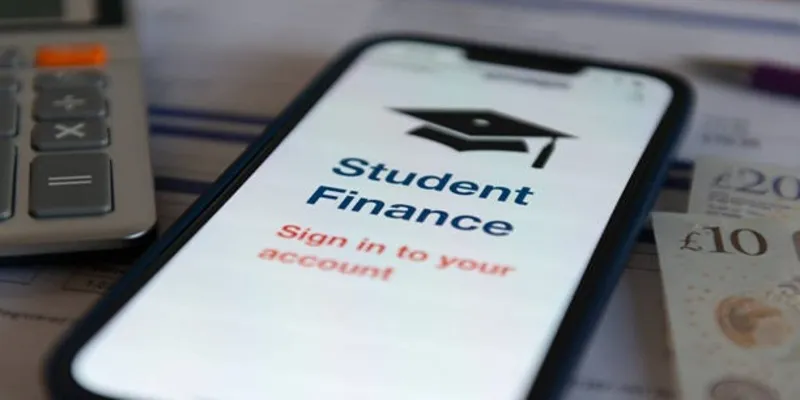Speeding tickets can seriously affect how much you pay for car insurance. When you get a ticket, it shows that you might be a risky driver. Insurance companies keep track of this information and often increase rates to cover the added risk. This means that your monthly or yearly insurance costs can go up, sometimes by a lot. Understanding this connection is important because even a single ticket can make your insurance more expensive. It's not only about paying the ticket fine; it's also about dealing with the long-term costs. Plus, if you get more tickets, your insurance can become even more costly, and in some cases, you might have trouble finding coverage. So, it's crucial to drive safely and adhere to speed limits.
What is a Speeding Ticket?

A speeding ticket is a citation issued by a law enforcement officer for driving over the designated speed limit. It is considered a traffic violation and can result in fines, points on your driving record, and potential increases in insurance rates.
How Do Insurance Companies Determine Rates?
Insurance companies use various factors to determine the rates they charge for car insurance. These factors include age, gender, driving history, location of residence, type of vehicle, and credit score. Insurance companies also take into account any previous traffic violations or accidents when determining rates.
How Does a Speeding Ticket Impact Your Insurance?
Insurance companies perceive a speeding ticket as a sign of risky driving behavior. This perception suggests that you are more prone to accidents and, consequently, more likely to file claims, which can lead to higher costs for the insurer. As a result, your insurance rates may rise by approximately 25% to account for this increased risk.
Points System
In addition to increasing rates, most states also have a points system in place for traffic violations. This means that when you receive a speeding ticket, points are added to your driving record. The number of points varies depending on the severity of the offense and can range from 1-11 points per violation.
Effects of Points on Insurance Rates
The more points you accumulate on your driving record, the more your insurance rates are likely to increase. Insurance companies often consider drivers with a high number of points as high-risk and may even refuse coverage. Furthermore, having multiple tickets on your record can lead to significant increases in insurance costs.
When will a speeding ticket show up on insurance?
A speeding ticket typically shows up on your insurance record when your policy is renewed. This could be every 6 months, yearly, or even longer depending on your insurance company's policies. However, some insurance companies may check for violations more frequently and adjust rates accordingly.
How long does a speeding ticket affect insurance?
The impact of a speeding ticket on your insurance rates can last anywhere from 3-5 years. After this period, the violation will no longer appear on your driving record and should no longer affect your insurance rates.
Minimum Coverage vs. Full Coverage After a Speeding Ticket
When deciding between minimum coverage and full coverage after receiving a speeding ticket, its important to consider your personal circumstances and financial situation. Minimum coverage typically includes only the state-required liability insurance, which is the least expensive option. However, it offers limited protection since it covers only damages to others if youre at fault in an accident. On the other hand, full coverage usually includes liability, collision, and comprehensive insurance, providing broader protection as it also covers damages to your own vehicle. While full coverage is more expensive, it can be a wise investment if your vehicle is new or valuable.
Having more coverage can offer peace of mind, particularly if a speeding ticket has already placed you in a higher-risk category for insurers. Therefore, its beneficial to weigh the cost differences and potential risks involved before deciding on the level of coverage that best suits your needs.
Comparison of Insurance Company Policies
Different insurance companies have different policies regarding how they handle speeding tickets and their impact on insurance rates. For example, some insurers may offer accident forgiveness programs that allow for one or more minor violations without affecting your rates. Additionally, some companies may only increase rates for major offenses or if you already have multiple tickets on your record.
It's essential to research and compare insurance company policies to ensure you are getting the best coverage and rate possible, especially if you have received a speeding ticket. Some companies may offer discounts for completing safe driving courses or maintaining a clean driving record over time.
How to Avoid Insurance Rate Increases After a Speeding Ticket?

The best way to avoid insurance rate increases after receiving a speeding ticket is to drive safely and follow all traffic laws. Additionally, you can take steps to reduce the number of points on your driving record by attending traffic school or enrolling in defensive driving courses.
It's also crucial to be transparent with your insurance company about any violations on your record. Lying or omitting information can result in the cancellation of your policy or even legal consequences.
Final Thoughts
A speeding ticket can have significant long-term consequences on your insurance rates and overall financial well-being. It's essential to drive safely, follow speed limits, and be aware of how a speeding ticket can impact your insurance. Researching different insurance policies and taking steps to improve your driving record can also help mitigate any potential rate increases. Ultimately, being a responsible and cautious driver is the best way to avoid costly consequences from receiving a speeding ticket. So, remember to always prioritize safety on the road for yourself and others.







